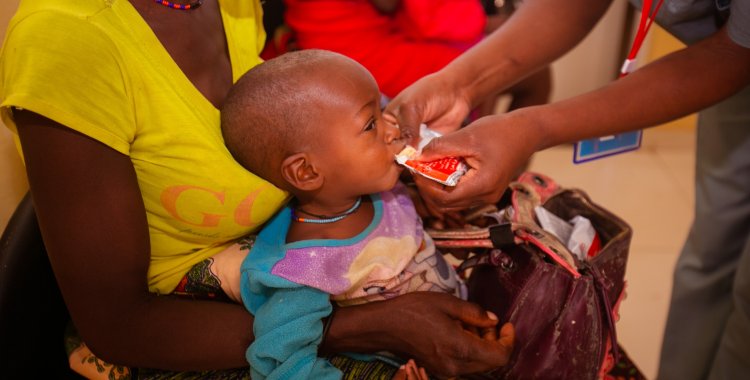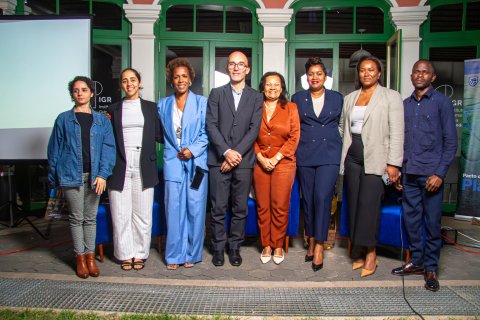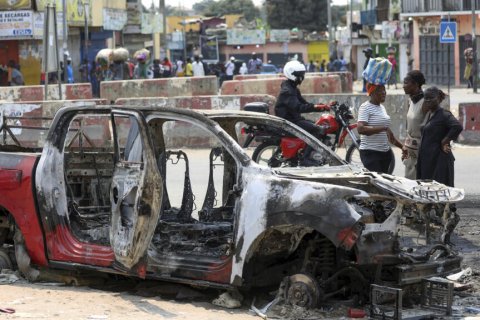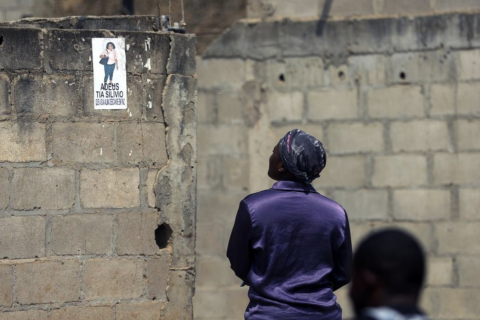According to Frederico de Brito, lecturer on the theme "The Impact of Malnutrition on Children's Lives", in the workshop promoted by the National Assembly, allusive to International Family Day, the interventions were carried out, in 2023, in the provinces of Huíla, Benguela and Cunene, south of the country and areas affected by drought.
"This is an intervention that we are carrying out with the support of our partners, USAID [United States Agency for International Development] and the European Union, as part of responses to climate change in the southern area of Angola", said Frederico de Brito, in statements to the press.
Frederico de Brito said that the interventions were carried out in hospitals, either with the mobilization of nutrients, therapeutic milks and therapeutic products for immediate consumption, following a treatment protocol, "which means that they are quickly treated", saving children "from a progression of severe malnutrition".
Support also involves training mothers to ensure that children are provided with adequate food from food available in the community.
"These results were a great success, we saved lives, but with the participation of the Government", he highlighted.
During his presentation, the person in charge expressed concern about the lack of statistical data on malnutrition in Angola, with his presentation based on information from the National Statistics Institute (INE), from 2015.
"In fact, there is a very big data challenge at the level of Angola, because without concrete data it is difficult to focus interventions. The data we use are from the Government, they were produced in 2015, and we are happy to see that there is a new study which will be published next year", said Frederico de Brito, highlighting that Unicef also participated in the study to ensure that the methodologies used followed international standards.
Based on data from almost ten years ago and the country's situation during this period, Frederico de Brito said that Unicef's perception "is that the issue of malnutrition still remains critical in Angola".
According to the head of the Health and Nutrition section at Unicef, from 2015 to now, Angola has experienced several shocks, such as the country's macroeconomic issue, with the reduction in family purchasing power, climate change, which mainly affected the area south of the country, and the covid-19 pandemic, which also created great destabilization at the family level.
"It leads us to believe that the situation still remains. This is the reason why, last year, 100,000 children were treated for malnutrition in the south of the country", said Frederico de Brito, highlighting that the children treated corresponded to 5 percent of the universe of minors in this region.
"The 2015 study showed that 5 percent of children were malnourished, so this leads us to believe that this problem is continuing, especially in the south area – we still don't have an understanding of the country in general –, but at the level of the south of country the situation still remains", he stressed.







